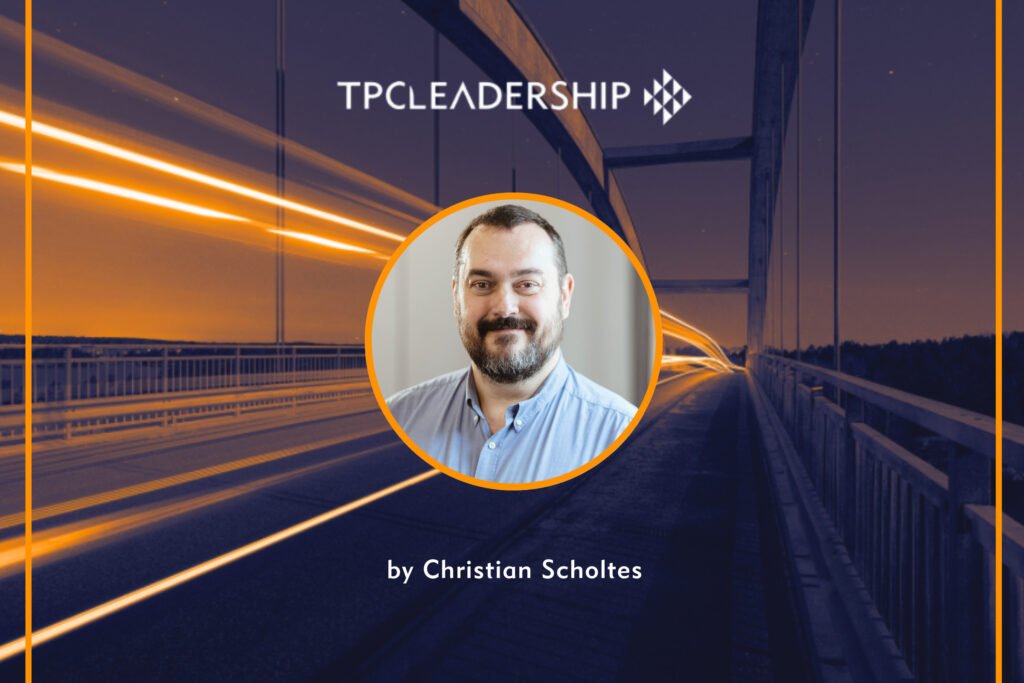In this blog Valeria Cardillo Piccolino Associate Partner from TPC Leadership Italy, reflects on how many of the changes we’ve experienced over the past year have evolved our perceptions and expectations of the way we work.
“Giving people the opportunity to make decisions about their lives, whilst knowing that they still need to deliver at work. In return for that performance they gain the right to not be in the office when the surf is good.” Yvon Chouinard founder of Patagonia
The pandemic gave me and many people the opportunity to experience the digital nomadism that was once the prerogative of software developers and traders.
Myself and a group of professionals are now living in Fuerteventura, Canary islands. It’s just one of the places in the world with a nice climate and good living conditions and it affords us the opportunity to work in a place close to nature.
In my decision to live and remotely work from a windy island, I realise there is the essence of a mindset that we at TPC Leadership spread in companies through workshops, coaching and cultural change interventions.
The cultural shift we are currently living, in and out of large companies, is what Teal organisations have already started to implement, as Frederic Laloux explained when describing different types of organisational cultures in his book ‘Reinventing organisations‘.
Teal organisations, such as Patagonia.Inc and a few others, are based on three pillars:
- Self-management: peer relationships are at the centre and leave no space for hierarchy, consensus, nor central command and control;
- Wholeness: enabling employees to present their full personas rather than just their work personas;
- Evolutionary purpose: according to Laloux, “Teal organizations base their strategies on what they sense the world is asking from them. Agile practices that sense and respond replace the machinery of plans, budgets, targets, and incentives. Paradoxically, by focusing less on the bottom line and shareholder value, they generate financial results that outpace those of competitors” (check his article here)
Basically, Teal organisations flipped upside down the old paradigm according to which people, in order to work and perform, need only to be given clear instructions and then be controlled upon their results.
The changes we have all faced over the last year (which actually started way before) radically evolved our perception and our expectations on those 3 pillars.
- Self-management has become a competitive advantage: Even for the people that are longing for time in the office and coffee breaks with colleagues, there is also a desire for the freedom to work in other places, with the ability to manage their own time and to work by objectives. In addition, people also want to work in a collaborative way with different teams, replacing hierarchical and bureaucratic structures with agile team working. But there is something more. One of the changes that companies had to make during Covid is the speed at which decisions are made and action is taken . As an example, a global telco redeployed 1,000 store employees to inside sales and retrained them in three weeks, according to the McKinsey report on ‘Reinventing the organisation for speed in the Post-Covid-19 era’. (McKinsey Organisations after Covid). In order to ensure such speed, bureaucratic and hierarchical decision-making processes need to make room for delegation of authority and control, together with new leadership styles more oriented towards coaching and empowering autonomy and responsibility in people.
- Wholeness is about including ourselves: We have evolved from tweed jacket-formal meetings, to the ones in which we have met CEOs, Executives or clients in a t-shirt, during a Zoom call attended by their kids and dogs. Our expectations around including our personal life, our emotional reactions to the pandemic, as well as our personal opinions and views, has become even higher than before. Teams working remotely need new ways to connect at a human level: may it be that bringing their own Self at work they would become more committed and loyal to their company? We could find an example of answers in research on LGBT people feeling open to coming out, or not. According to an HBR article (The Cost of Closeted Employees by Sylvia Ann Hewlett), “being forced to stay in the closet — or feeling penalized by a disapproving or hostile environment once they do come out — puts their (note: LGBT people) career ambitions at war with their ability to put their whole self behind those ambitions.” Few companies can afford to lose talents, states the author. But this is valid beyond our sexual orientation: it is everyone’s desire to feel welcomed and accepted for their own personality, opinion, visible and invisible Self. The more a team can guarantee this to its people, the higher the engagement level.
- Evolutionary purpose: as the outer context is highly uncertain and complex, ‘islands of certainty’ can help a lot. This can be done by leaders establishing a purpose that guides actions and decisions. And, if a Company seems not to have it yet, at least teams can reflect on which is their own. What’s the team’s Ikigai? What’s the purpose guiding the daily routine and even the most ordinary task? How is this contributing to the world? Sometimes, giving a clear direction is more important for people than writing dozens of pages of procedures.
What are your reflections around the new leadership required for the new needs of employees and customers in the post pandemic era?
How could you benefit from the inspiration derived from Patagonia?
What simple, small changes would you put in practice (or have you implemented) in order to evolve your company culture?
Get in touch via email to be the protagonists of an interview for our blog.





